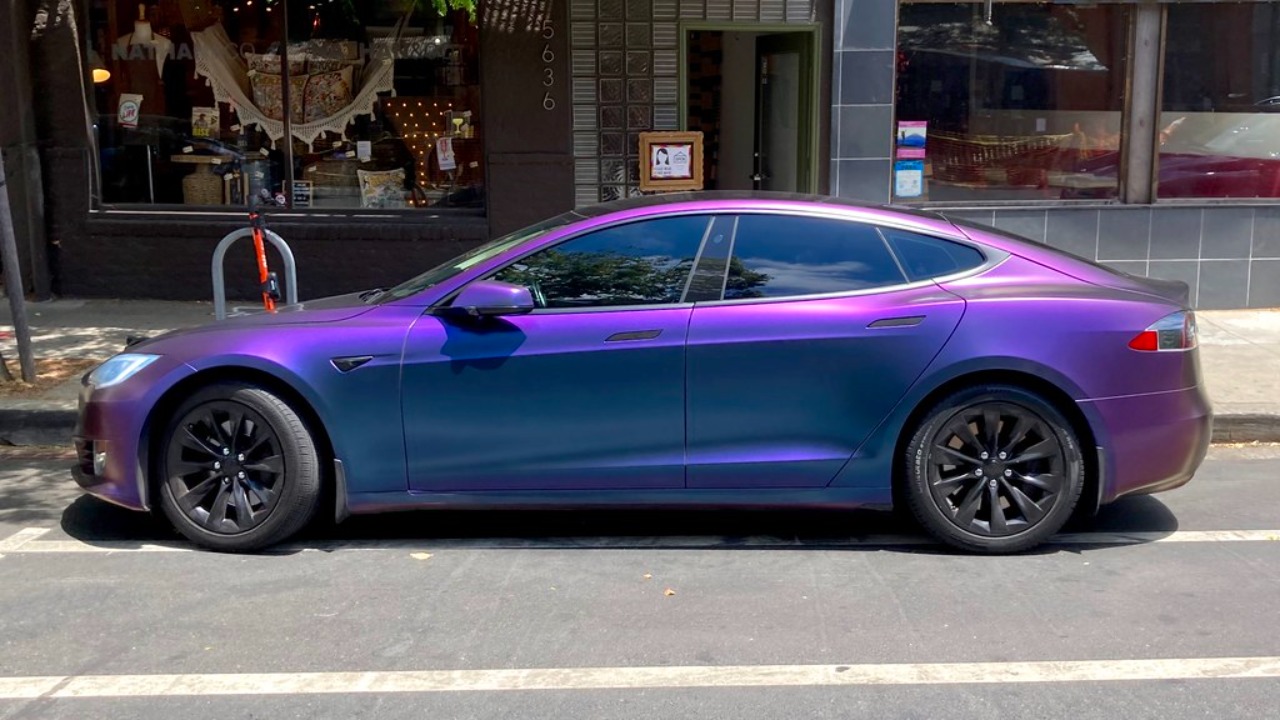With the increasing number of options available for acquiring a vehicle, consumers often find themselves stuck between two popular choices: leasing and buying. Understanding the key differences, benefits, and drawbacks of each option is essential for making an informed decision that aligns with your financial situation and lifestyle preferences.
Understanding Leasing
Leasing a car involves a contractual agreement where you pay to use a vehicle over a specified period, typically ranging from two to four years. Unlike buying, where you own the car, leasing is akin to renting, and you return the car at the end of the lease term. One key aspect of leasing is depreciation, which is the decline in a vehicle’s value over time. When leasing, you’re essentially paying for the vehicle’s depreciation during the lease period, along with interest and fees.
Understanding leasing terms is crucial for making an informed decision. Mileage limits are a common aspect of leases, typically ranging from 10,000 to 15,000 miles per year. Exceeding these limits can result in additional charges. Lease-end buyout is an option that allows you to purchase the car at the end of the lease term for a predetermined price, known as the residual value. The residual value is the estimated worth of the vehicle at the end of the lease, influencing the monthly lease payments.
Leasing has its pros and cons. On the plus side, leasing often results in lower monthly payments compared to financing a purchase. This can make it easier to drive a new car with the latest features. However, leases come with mileage restrictions, and you may face penalties for excessive wear and tear. Additionally, leasing means you won’t own the car, which might not suit everyone’s long-term goals.
Understanding Buying
Buying a car can be done outright with cash or through financing, where you take out a loan to cover the vehicle’s cost. When financing, you make monthly payments until the loan is paid off, at which point you own the car outright. This ownership allows for unlimited use without mileage restrictions and the opportunity to build equity in the vehicle over time.
The financial implications of buying a car are significant. Purchasing a car comes with higher monthly payments compared to leasing, especially if you finance over a shorter term. However, these payments contribute to building equity, which can be beneficial if you plan to sell or trade in the vehicle later. Ownership also means you can customize the car to your liking, whether it’s upgrading the sound system or adding aftermarket accessories.
Buying a car has its advantages and disadvantages. The primary benefit is ownership, which provides freedom from mileage restrictions and the ability to modify the vehicle. However, buying typically involves higher upfront costs, including a larger down payment and higher monthly payments compared to leasing. Additionally, the vehicle’s value depreciates over time, which can impact its resale value.

Financial Impact Analysis
When comparing leasing and buying, initial costs are a critical factor. Leasing generally requires a smaller down payment compared to buying, which can make it more accessible for those with limited funds. However, both options may include additional fees, such as acquisition fees for leases or documentation fees for purchases.
Long-term financial considerations involve analyzing how each option affects your finances over time. Leasing often results in lower monthly payments, but you may face additional costs at the end of the lease, such as disposition fees or charges for excess wear. Buying a car means higher monthly payments initially, but over time, as the loan is paid off, you eliminate this expense and can benefit from owning an asset.
Tax implications also play a role in the decision. Leasing can offer tax advantages for business owners, as lease payments may be deductible as a business expense. On the other hand, buying a car might allow you to deduct loan interest, depending on your circumstances. It’s essential to consult with a tax professional to understand how each option affects your tax situation.
Lifestyle and Practical Considerations
Evaluating flexibility and commitment is essential when choosing between leasing and buying. Leasing offers greater flexibility, making it ideal for those who prefer driving a new car every few years or for individuals who frequently move and don’t want to commit to a long-term vehicle. Buying, however, is better suited for those who plan to keep a car for an extended period or prefer the stability of ownership.
Vehicle usage patterns are another critical consideration. If you have a daily commute or frequently take long road trips, buying might be more advantageous, given the absence of mileage limits. Conversely, if your driving habits involve shorter distances, leasing can be a cost-effective option that allows you to enjoy the latest models without worrying about exceeding mileage limits.
Technological and model preferences also influence the decision. If you’re someone who always wants the latest technology or model, leasing might suit you best, as it allows for frequent upgrades. For example, if you’re eyeing the latest Tesla Model 3 or Ford Mustang Mach-E, leasing offers the opportunity to drive these cutting-edge vehicles without the commitment of a long-term purchase.

Making the Right Choice
Conducting a personal financial assessment is a crucial step in determining whether leasing or buying is the best option for you. Evaluate your budget, savings, and financial stability to understand what you can afford without straining your finances. Consider factors such as job stability, income growth potential, and other financial obligations.
Your future plans and goals also play a significant role in the decision-making process. If you envision significant life changes, such as starting a family or relocating, consider how these plans might impact your vehicle needs. For example, a growing family might necessitate a switch from a compact sedan to an SUV, influencing whether leasing or buying is more suitable.
Finally, consulting with professionals can provide valuable insights. Financial advisors can help you assess the financial implications of each option, while automotive experts can offer guidance on the best deals available and the long-term reliability of different models. By seeking expert advice, you can make a well-informed decision that aligns with your financial goals and lifestyle preferences.
Like Fast Lane Only’s content? Be sure to follow us.
Here’s more from us:
*Created with AI assistance and editor review.







Leave a Reply